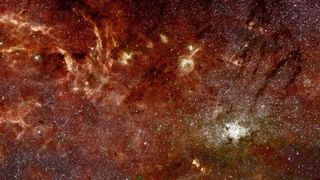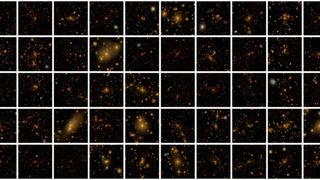Dark matter, the elusive search: Latest discoveries and news
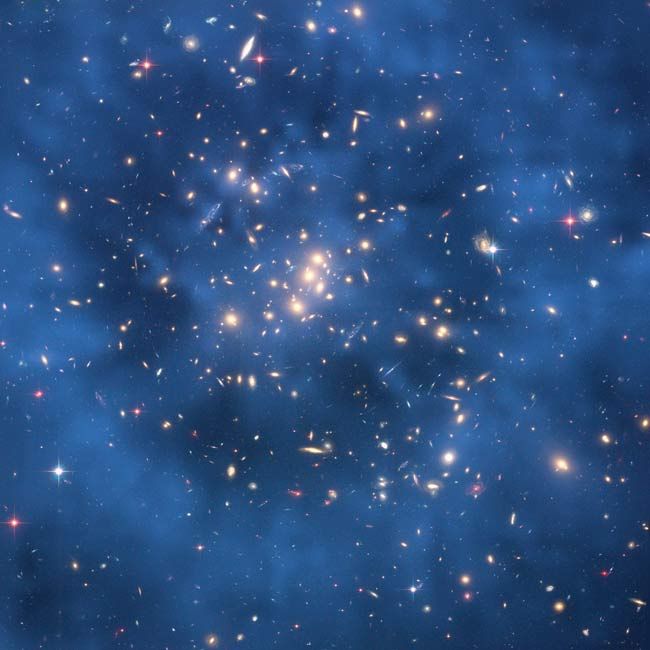
Roughly 80 percent of the mass of the universe appears to be dark matter: an invisible material that seems to interact with ordinary matter only through gravity, without emitting light or energy. Scientists cannot detect dark matter directly and don't yet know what it's made of, but they track its influence based on the motions of stars and galaxies. The presence of dark matter is necessary to explain the universe's current structure.
Related Topics: The Big Bang Theory, Black Holes, The Theory of Relativity in Space, Gravitational Waves
Latest about dark matter
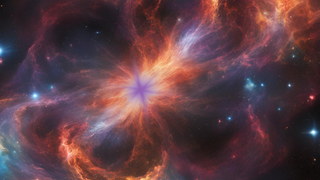
When darkness shines: How dark stars could illuminate the early universe
By Alexey A. Petrov published
Dark stars are not exactly stars, and they are certainly not dark.

NASA's next-gen Roman Space Telescope is fully built. Could it launch earlier than expected?
By Samantha Mathewson published
NASA's Nancy Grace Roman Space Telescope is now fully assembled and ready to begin launch preparations this summer.

Scientists discover one of our universe's largest spinning structures — a 50-million-light-year-long cosmic thread
By Keith Cooper published
The discovery potentially transforms what we think about how the cosmic environment influences galaxies as they form.
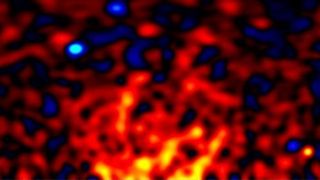
Scientists may have finally 'seen' dark matter for the 1st time
By Robert Lea published
The NASA gamma-ray spacecraft Fermi may have enabled scientists to "see" dark matter, the universe's most mysterious stuff, for the first time.
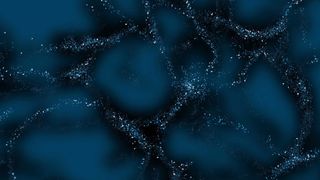
Dark matter obeys gravity after all — could that rule out a 5th fundamental force in the universe?
By Robert Lea published
"If such a fifth force exists, it cannot exceed 7% of the strength of gravity."
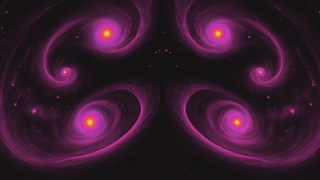
The hunt for dark matter: a trivia quiz
By Kenna Hughes-Castleberry published
This quiz dives into the mysterious world of dark matter — what we know, what we don't, and how scientists are chasing shadows across the cosmos.
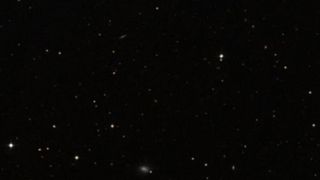
Enormous black hole unexpectedly found in tiny galaxy
By Samantha Mathewson published
An unexpected monster black hole was found hiding inside one of the Milky Way’s tiniest neighbors, rewriting what scientists thought they knew about how small galaxies hold themselves together.
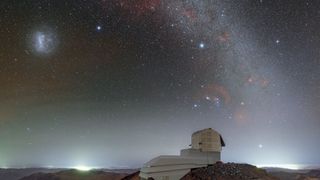
Milky Way dazzles over Vera Rubin Observatory | Space photo of the day for Oct. 24, 2025
By Kenna Hughes-Castleberry published
Perched high in Chile's Andes, the Vera C. Rubin Observatory sees a breathtaking view of the Milky Way's southern arc.
Breaking space news, the latest updates on rocket launches, skywatching events and more!
